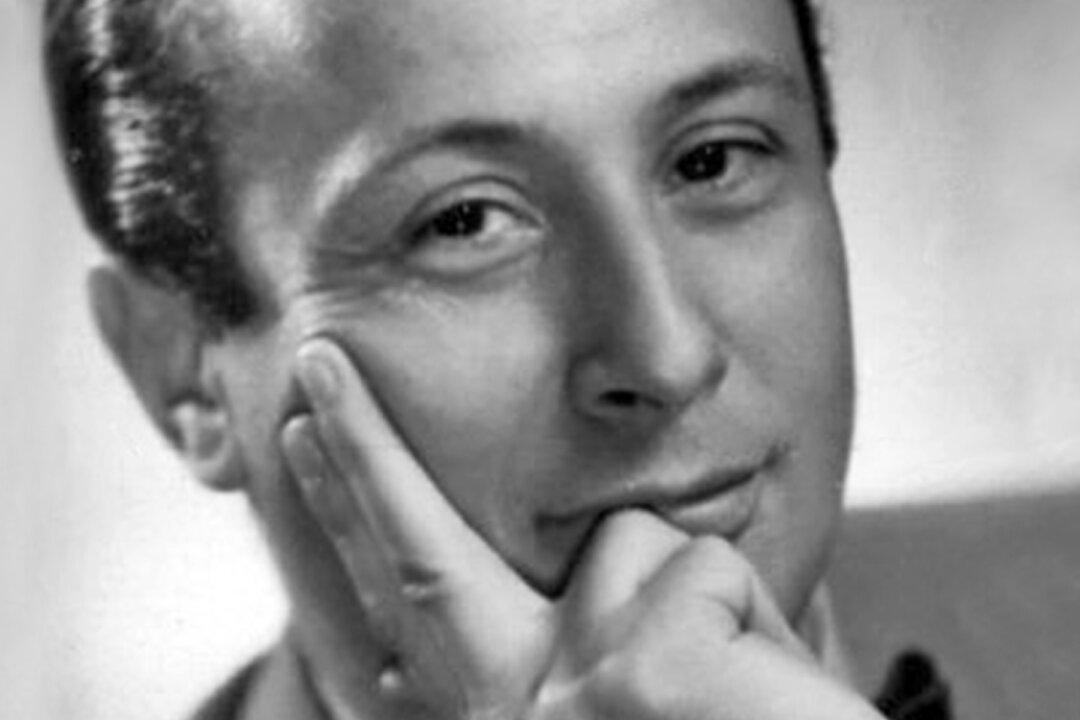How a Jewish pianist’s extraordinary talent spared him from Auschwitz, inspired a movie 60 years later
On Sept. 23, 1939, the famous Polish-Jewish pianist Wladyslaw Szpilman was broadcasting live on Warsaw radio when the studio was blown to pieces by invading Nazi troops. Amid dust and rubble, Szpilman and his family were herded into the Warsaw ghetto but were later separated.Szpilman, alone in the devastated city of Warsaw, engaged in a years-long, torturous game of cat and mouse with the German soldiers. Hidden among the detritus, Szpilman managed to preserve his life; the price he paid was ill-health, starvation, loneliness, and the absence of his beloved piano.





